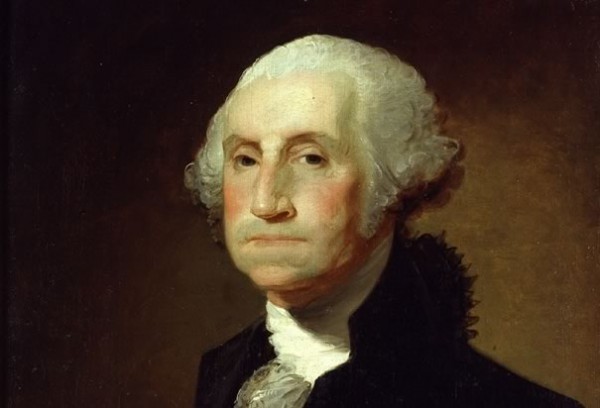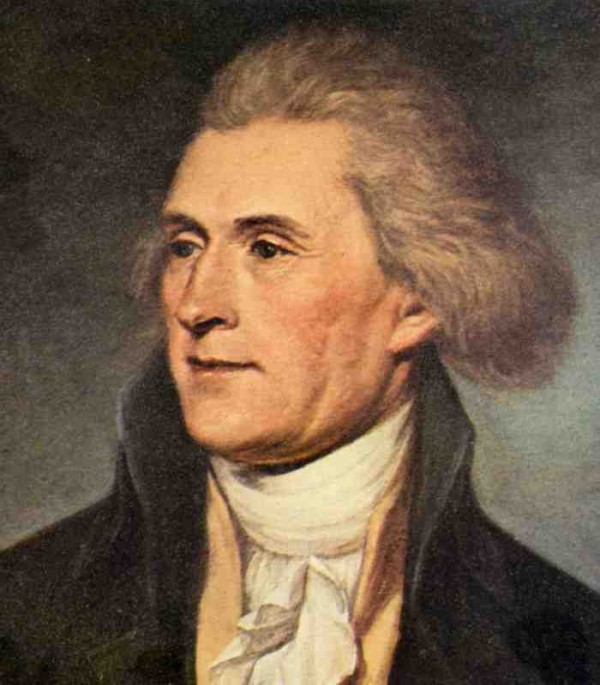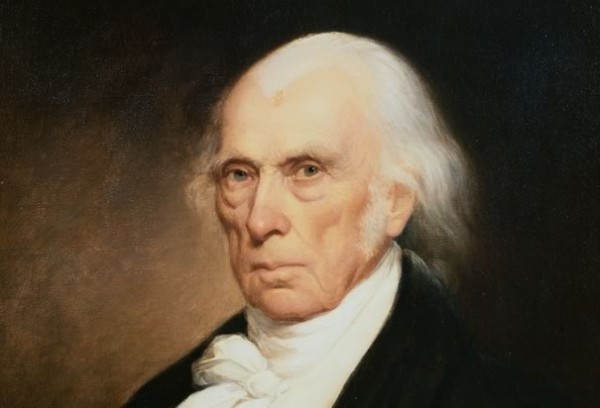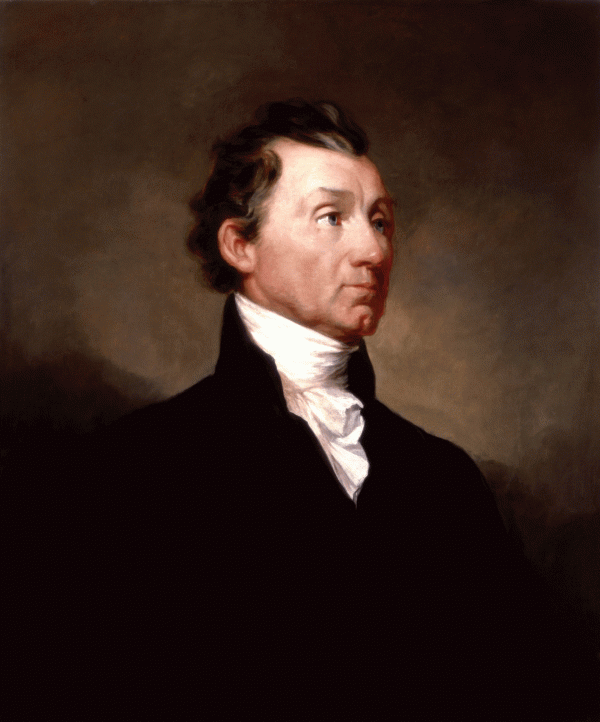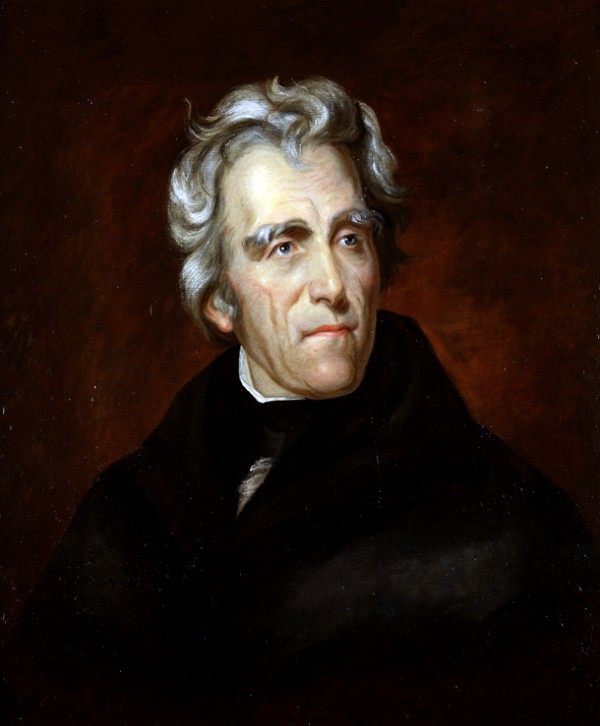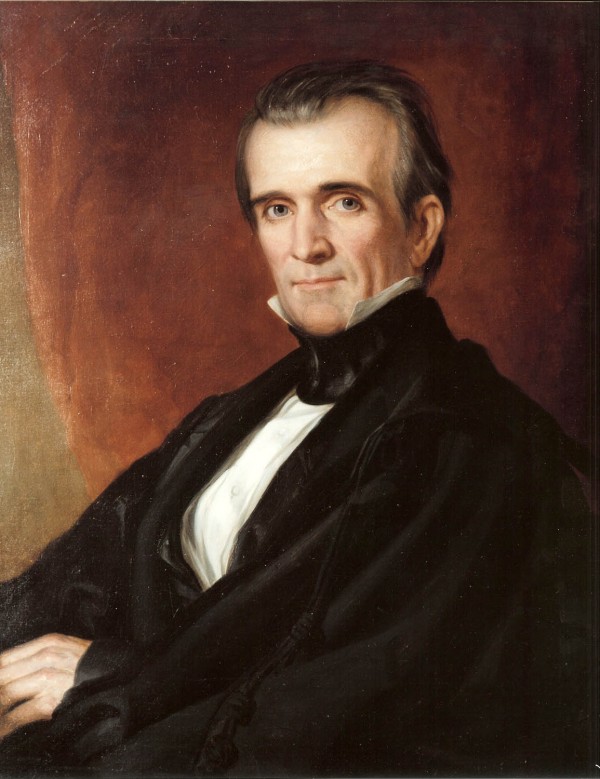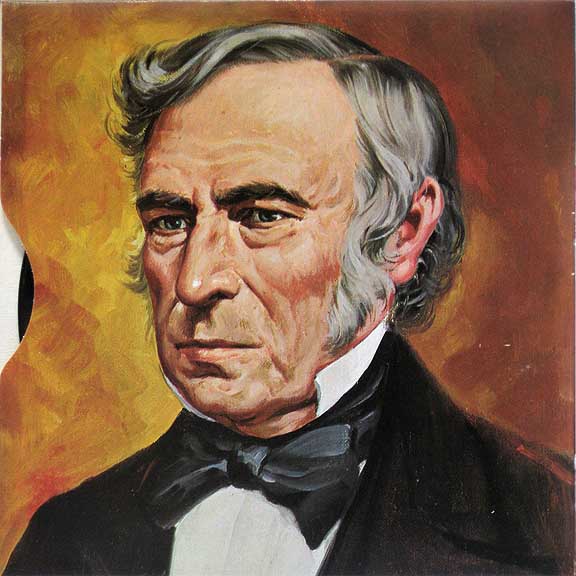February 20, 2014
8 US Presidents
You May Not Have Known
Bought and Sold
Enslaved Africans
“Schools across the country are adorned with posters of the 44 U.S. presidents, children’s books put students on a first-name basis with the presidents, and U.S. history textbooks describe the accomplishments and challenges of the major presidential administrations.
“But while these books engage students and readers with stories of the presidents’ accomplishments and challenges, stories of their dogs in the Rose Garden or childhood escapades, there is no mention that more than 1-in-4 U.S. presidents were involved in human trafficking and slavery. These presidents bought, sold and bred enslaved people for profit. Of the 12 presidents who were enslavers, more than half kept people in bondage at the White House.”
Washington, the first president of the United States, is often hailed as one of its best.
When he was just 12 years old, Washington inherited several Africans in bondage, and he reportedly gained another 200 more through his wife’s estate. The total number of enslaved people owned by Washington ranges from 216 to 316.
It is a widely held belief that Washington struggled with the concept of slavery. His actions, however, proved he stood firmly in agreement with the barbaric practice. Amongst other things, Washington signed the 1793 Fugitive Slave Law, the first to provide for the right of whites to recapture Black people they had made their slaves, even within free states that had abolished slavery.
__________________________
Jefferson held at least 200 Black people in bondage during his lifetime. The third president was one of the wealthiest plantation owners in Virginia.
It is believed that Jefferson fathered several children with an enslaved woman named Sally Hemings.
Under pressure from Britain, which was considered the biggest exporter of abducted Africans, Jefferson signed a bill ending the U.S. involvement in the international slave trade in 1807. Slavery continued for another 58 years in the U.S.
Like Washington before him, Jefferson feared an imminent uprising from Blacks and acted swiftly against rebellions. In 1804, Jefferson refused to recognize the Republic of Haiti after enslaved African people fought and defeated the French in the Haitian Revolution. The following year, Jefferson enacted an arms and trade embargo against the new republic.
__________________________
Madison inherited enslaved Africans from his father who was considered the largest landowner in Virginia at the time.
After his presidency, Madison retired to his Virginia plantation where he supervised the Black men, women and children engaged in forced labor. In 1819, Madison wrote to Robert J. Evans advocating for the reparation of enslaved Africans as outlined by the American Colonization Society.
“A general emancipation of slaves ought to be 1. gradual. 2. equitable & satisfactory to the individuals immediately concerned. 3. consistent with the existing & durable prejudices of the nation… To be consistent with existing and probably unalterable prejudices in the U.S. freed Blacks ought to be permanently removed beyond the region occupied by or allotted to a White population.”
__________________________
Monroe inherited a small plantation but sold it to enter into law and politics. Monroe would later purchase several other plantations, including Oak Hill that he built during his presidency in 1822. It is unknown how many people were held in slavery on his plantations.
As the governor of Virginia in 1801, Monroe appealed to then-President Thomas Jefferson for the removal from the city of enslaved Blacks who were “obnoxious to the laws or dangerous to the peace of society.”
“I shall be happy to be advised by you whether a tract of land in the Western territory of the United States can be procured for this purpose. And also, whether a friendly power will permit us to remove such persons within its limits.”
__________________________
Jackson reportedly owned as many as 300 abducted Africans in his lifetime. He began with nine Black people, but expanded his plantation from under 600 acres to over 1,050.
In a responding letter to his overseer Egbert Harris, who had written him about a runaway, Jackson wrote:
“Although you will find some negroes, at first hard to manage – still I hope you will be able to govern them without much difficulty. I have only to say, you know my disposition, and as far as lenity can be extended to these unfortunate creatures, I wish you do so; subordination must be obtained first, and then good treatment.”
__________________________
Tyler inherited captured African people through his father’s estate and held them in bondage throughout his lifetime.
An advocate of the American Colonization Society, Tyler stated in 1838: “(God) works most inscrutably to the understandings of men; – the negro is torn from Africa, a barbarian, ignorant and idolatrous; he is restored civilized, enlightened, and a Christian.”
__________________________
Polk inherited 8,000 acres from his father which included 20 enslaved people.
Polk sold the large plantation to purchase a 920 acres land, a cotton plantation near Coffeeville, Miss.
He ran this plantation for the rest of his life and reportedly purchased more Africans for slavery after he became president.
__________________________
Taylor was the last sitting president confirmed to own enslaved people. By his own admission, he owned 300. “I too have been all my life industrious and frugal, and that the fruits thereof are mainly invested in slaves, of whom I own three hundred.”
While he fought against the expansion of slavery into the Western area of the United States, Taylor never sold or freed any Black person from bondage.
According to ourstoryinc.com, in 1847 Taylor wrote in response to the abolitionist movement:
“The moment (the abolitionists) go beyond the point where resistance becomes right and proper, let the South act promptly, boldly and decisively with arms in their hands, if necessary, as the Union in that case will be blown to atoms, or will be no longer worth preserving.”
He added: “So far as slavery is concerned, we of the South must throw ourselves on the Constitution and defend our rights under it to the last, and when arguments will no longer suffice, we will appeal to the sword, if necessary.”


